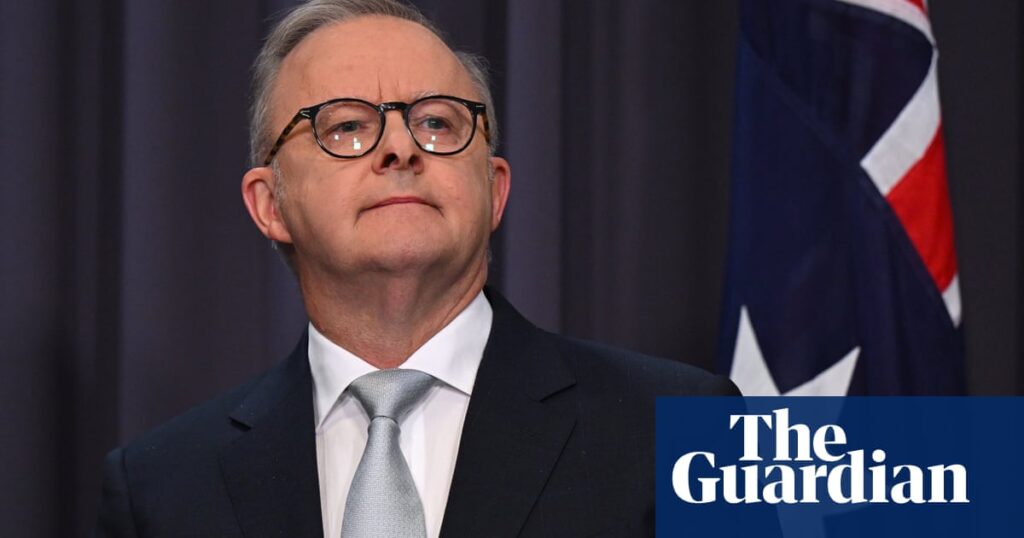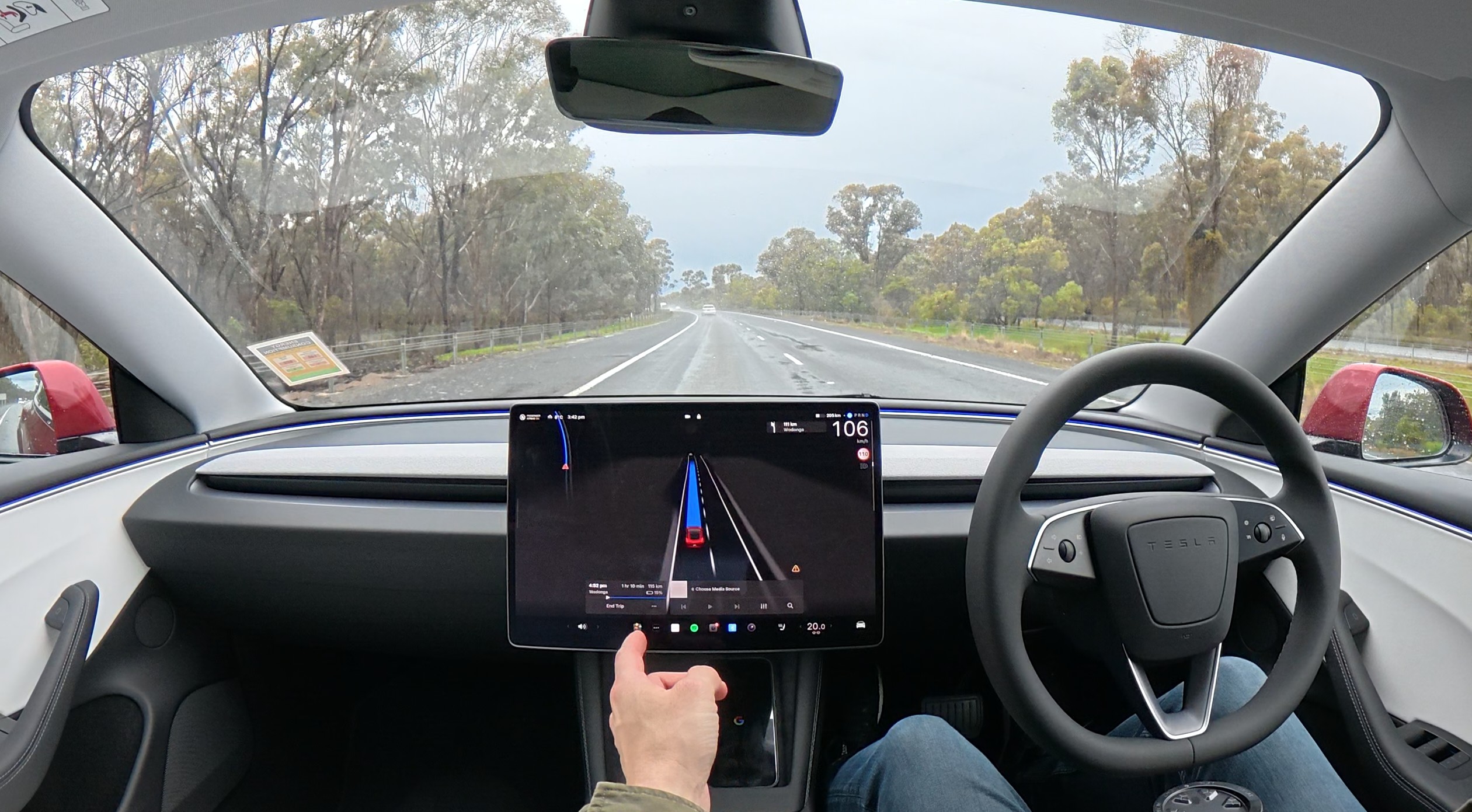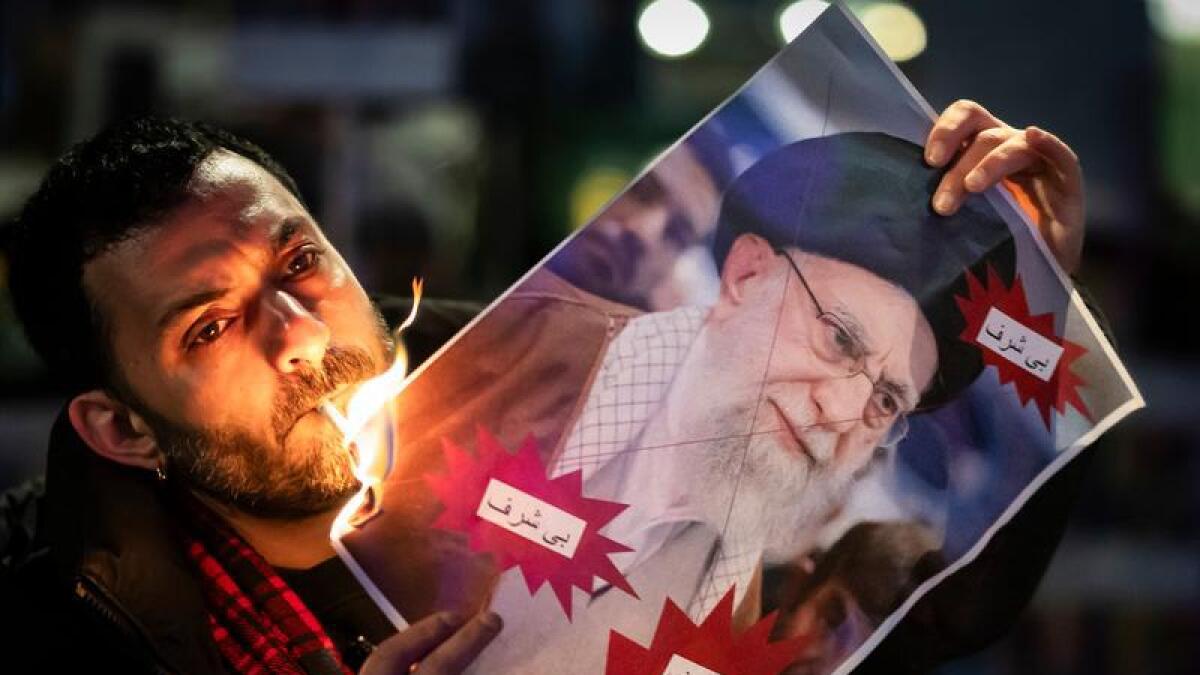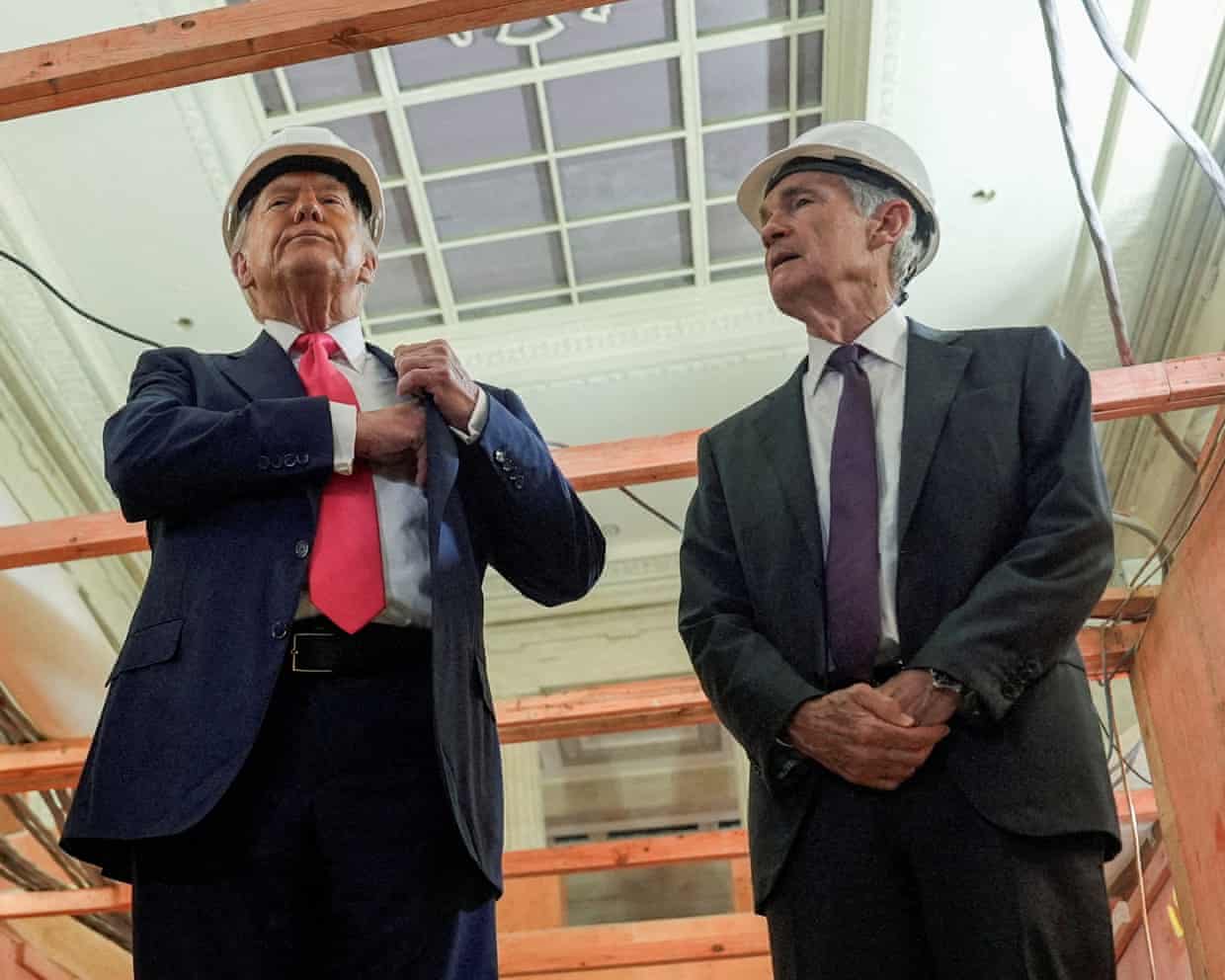
The Australian government’s ambition to host the COP31 climate conference in Adelaide next year has hit an unexpected snag. A recent two-week meeting of diplomats at the UN climate headquarters in Bonn, Germany, ended without resolving the ongoing standoff over whether the summit will be held in Australia or Turkey, the only other contender.
During the final plenary session on Friday morning, Australian time, delegates from several European nations, including Germany, France, Norway, and Switzerland, expressed mild frustration while backing Australia’s bid to host the event in partnership with Pacific island countries. Earlier, the UK, Iceland, and New Zealand had also voiced their support. Despite this, no countries in the 29-nation group known as Western Europe and Other States, responsible for deciding the 2026 venue, have publicly supported Turkey’s bid. However, the UN’s consensus decision-making process means the issue remains unresolved as long as Turkey, led by President Recep Tayyip Erdoğan, stays in the race.
The Stakes for Australia
The delayed decision holds significant implications for organizing what would be one of Australia’s largest international events. For two intense weeks in November, the conference could bring tens of thousands of attendees from nearly 200 countries to the host city, drawing global attention. The COP conferences, short for Conference of the Parties to the UN Framework Convention on Climate Change, are pivotal in the climate diplomacy calendar. Should Adelaide’s bid succeed, Climate Change Minister Chris Bowen has emphasized that the focus should be on implementing new national pledges for 2035, turning them into concrete global action.
Alongside the diplomatic negotiations, a massive trade fair for green industries would take place, while activists would likely urge Australia and other fossil fuel nations to enhance their climate commitments.
Turkey’s Renewed Effort
Expectations had been mounting since last year’s COP29 summit in Baku, Azerbaijan, that Turkey might eventually withdraw. However, in Bonn, Turkey made a renewed pitch, hosting a reception to lobby delegates with a presentation advocating for COP31 to be held in Antalya, citing its geographical centrality and lack of major coal and gas exports as advantages. Despite these efforts, observers noted that Turkey’s case has weakened since Baku, particularly after Erdoğan’s main political rival was arrested in March, leading to widespread protests and clashes with police. Additionally, Turkey’s climate action record is not strong.
“It is time for the government to flick the switch if we are to get this done,” said John Grimes, CEO of the Smart Energy Council, urging Prime Minister Anthony Albanese to intensify his involvement.
Australia’s Diplomatic Challenge
With the Bonn meeting concluding that the standoff must be resolved soon, the latest possible resolution is expected by the COP30 conference in Belém, Brazil, this November. The successful host will then assume the COP presidency, a significant global leadership role. Observers in Australia are increasingly calling for the government to escalate its campaign to resolve the issue. John Grimes, among others, has stressed the need for a comprehensive government effort led by the prime minister, highlighting the COP as a legacy-defining opportunity, particularly for relations with Pacific nations.
While the topic has not dominated political discourse, the Labor government has been advocating for a “Pacific COP” since late 2021, before its election victory. However, it faces accusations of hypocrisy and alleged greenwashing due to its continued support for fossil fuel projects, including a recent decision to allow Woodside Energy’s North West Shelf gas plant to operate until 2070.
Local and International Support
Despite these controversies, leaders from the Pacific, green industries, and climate groups largely hope that hosting COP31 would accelerate governmental and business actions both domestically and internationally. Supporters include Palau’s President Surangel Whipps Jr, who views a successful bid as a sign of Australia’s commitment to its “Pacific brothers and sisters” and to ensuring a healthy planet.
South Australian Premier Peter Malinauskas has become a fervent advocate, commissioning an analysis that suggested the event could attract 30,000 attendees and generate $500 million for the state, surpassing the combined benefits of all its existing major events. Bowen echoed these sentiments at an energy conference in Melbourne, stating that the government was “actively campaigning” to attract global investment, transform Australia into a renewable energy superpower, and highlight the Pacific on the world stage.
As the situation stands, Australia may need to intensify its diplomatic efforts to secure the bid before the Prime Minister’s upcoming visit to the United Nations General Assembly in New York this September.







